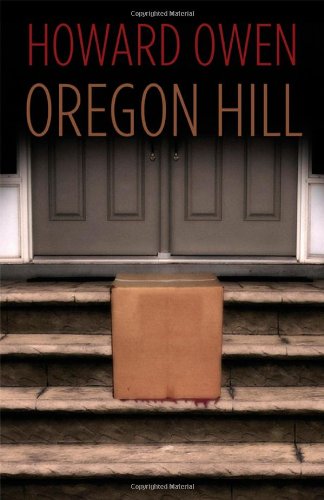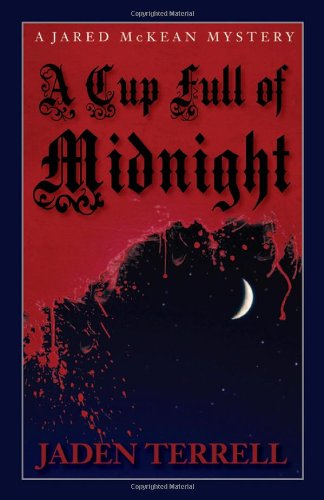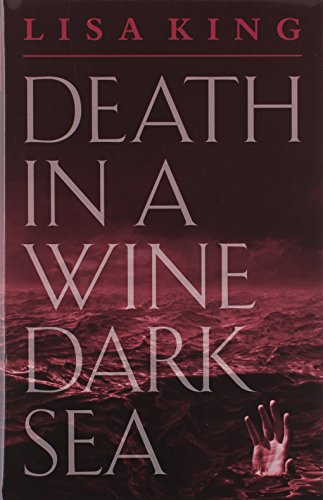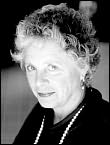Senior Writer's Thoughts #1
First in a series of reflections from our writers aged 70 and up, The Permanent Press presents: "Senior Writer's Thoughts"
From Marc Davis: What muses or demons impel us writers to pursue tauntingly elusive goals, ever out of reach, even as we grow old and frail and our incapacities increase as our capabilities shrink? Our natures drive us, stoking our engines as always, but at sunset and twilight with ever diminishing light and energy. Yet we persist, knowing how it ends, and that it ends and knowing as the Buddha knew, that striving and desire is the source of all pain. But we are captive of our natures, condemned to be ourselves.
I've got loads of stories from my days as a newspaper reporter, here and on the Texas-Mexican. I also have tales of the commodity futures business, in which I made some bucks buying coffee options in the wake of the Big Brazilian Freeze of 1976. I also have tales of my career as an art teacher, and painter, with a fist full of prizes, and then my work in advertising, winning two Tempo Awards and one Echo, for my direct mail campaigns for the art of Norman Rockwell, and others, on collectors plates. And lots of etc., including a story about my Dad, a Chicago newspaper man during the Front Page era, who "shot" Dillinger exclusively, with a camera.
Marc Davis is a veteran journalist with more than 20 years experience reporting and writing on business, finance, corporate management and legal subjects. His writing has been published online and in print by Adweek, Arthur Andersen, The Chicago Tribune , Encyclopedia Britannica, Insight Magazine, The John Marshall Law School Magazine, The Journal of the American Bar Association, Rotarian, and numerous other national periodicals and websites.
Look for his upcoming novel Bottom Line coming next June!
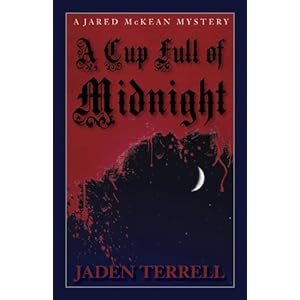 "Saddle up for PI Jared McKean's welcome second appearance. While successfully juggling a complex cast with numerous minidramas, Terrell never loses focus on a case about troubled teens, which he writes with sympathy"
"Saddle up for PI Jared McKean's welcome second appearance. While successfully juggling a complex cast with numerous minidramas, Terrell never loses focus on a case about troubled teens, which he writes with sympathy"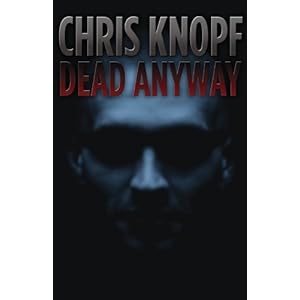 "Knopf's tale is suspenseful from the get-go, with an intellectual, yet visceral, vigilantism coursing through the pages. In a major change in direction, the author of the "Sam Acquillo Hamptons Mysteries" (Black Swan; Hard Stop) never misses an angle and manages to weave a bit of humor into a storyline that could have been purely dark. This bodes well for a really good series"
"Knopf's tale is suspenseful from the get-go, with an intellectual, yet visceral, vigilantism coursing through the pages. In a major change in direction, the author of the "Sam Acquillo Hamptons Mysteries" (Black Swan; Hard Stop) never misses an angle and manages to weave a bit of humor into a storyline that could have been purely dark. This bodes well for a really good series"


![[HOwen.jpg]](https://blogger.googleusercontent.com/img/b/R29vZ2xl/AVvXsEhVy1bdkFpV01VQTPvGkQR4Zebj0KOxotnTnpAcaXae_kIK3BKUZmIDAv0J4_yAuvpOUZyzFNmj-UM3-mrV3aTHAxCaxlQ-NJiLU1WNx94hzB3QrFkYnV283f34qD706zx-Ysg0N6p4llY/s220/HOwen.jpg)
